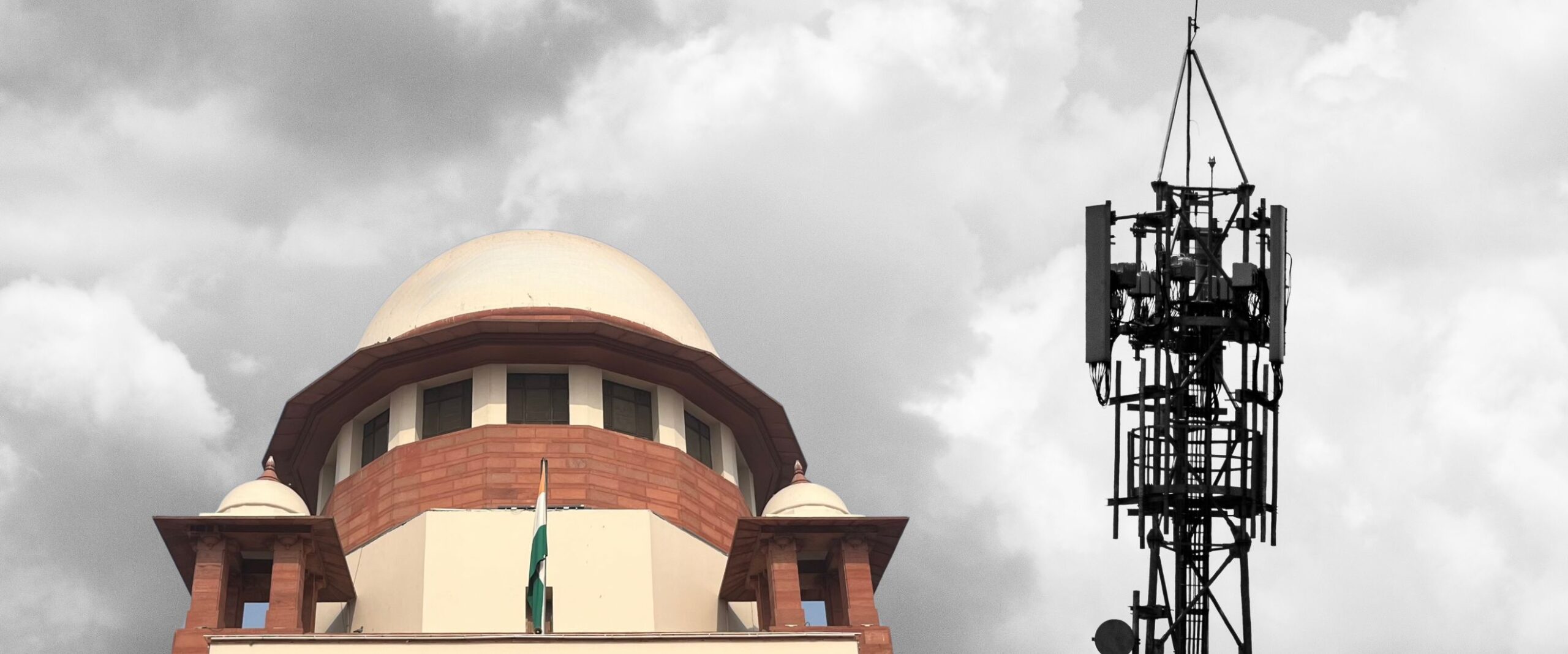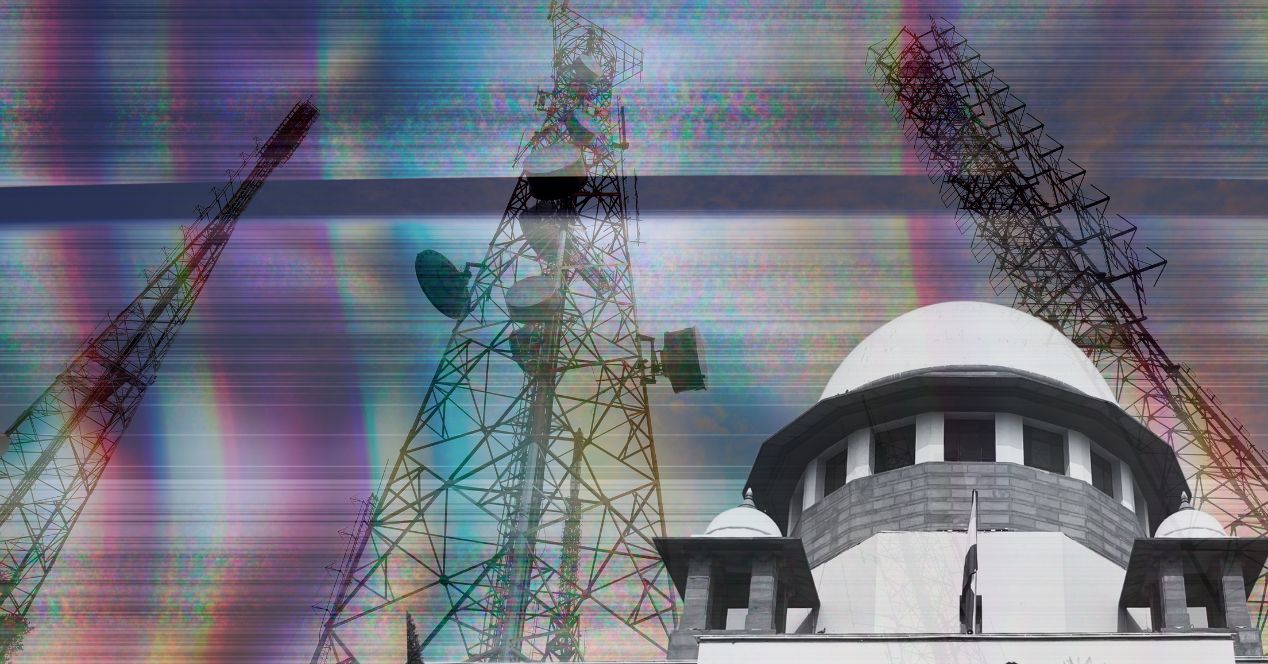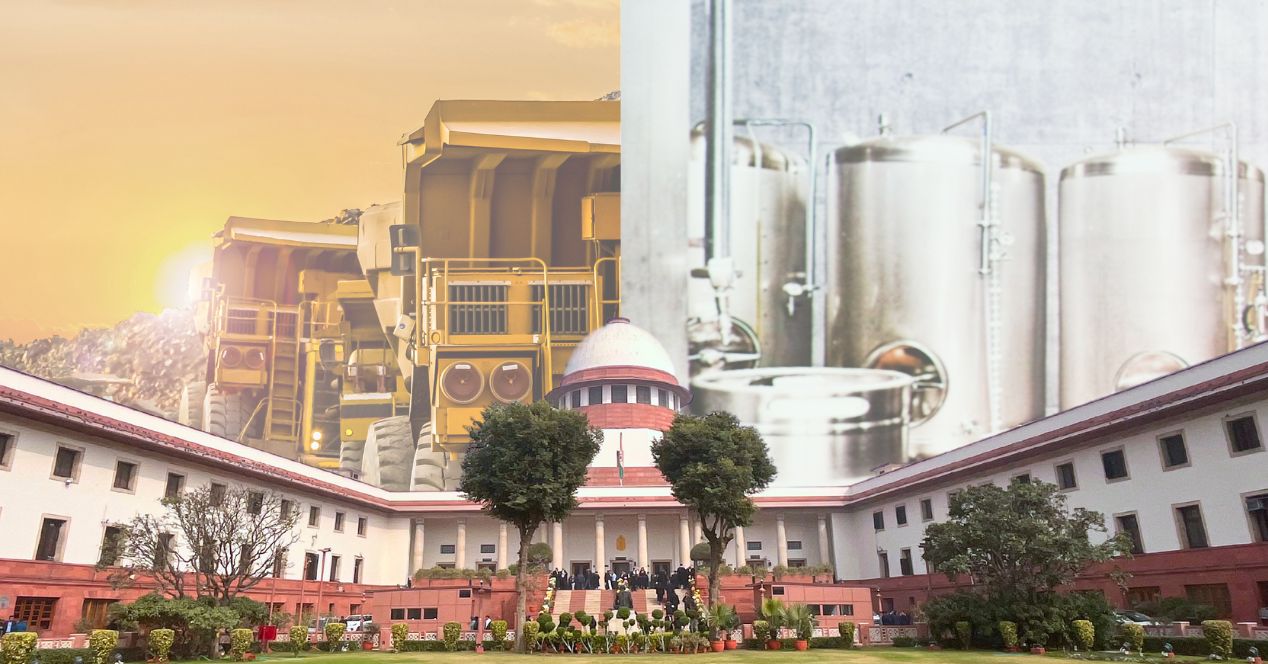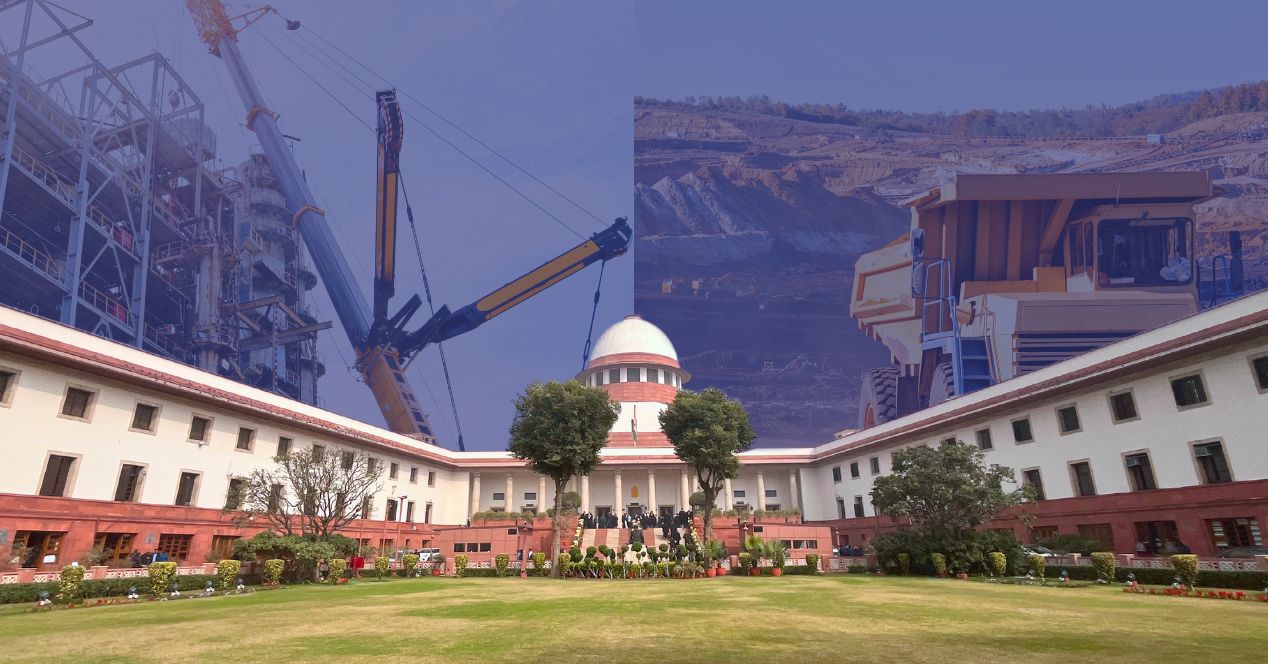Analysis
Cold call
While providing a sliver of hope to Vodafone-Idea, the SC reiterated that the telecom company’s survival is a question of policy and not law

Earlier this week, the Supreme Court allowed the Union government to re-examine the adjusted Additional Gross Revenue (AGR) owed to it by Vodafone-Idea (Vi). This came as a minor relief for Vi, which is saddled with an AGR liability that threatens its continued operation.
In 2019, the Supreme Court had held that the telecom department’s AGR demand must include revenue generated from non-telecom businesses. The ruling dealt a severe blow to industry players, with Vi, Bharti Airtel and Tala Teleservices having to fork out enormous amounts. In May 2025, the trio approached the Court to seek a waiver on interest, penalties and interest on penalties. However, a Bench of Justices J.B. Pardiwala and R. Mahadevan dismissed the petition, implying that it was now not a question of law but policy—only the Union Government could provide relief.
Vi, the worst hit, sought a waiver of ₹45,000 crore of the ₹83,400 crore it owes. In April, its CEO reportedly wrote to the Telecom Secretary, suggesting that the company will not be able to operate beyond FY26 if it didn’t receive “timely support” from the government on the AGR issue. The subtext was that it would not be desirable to have a situation where there are only two major players in the market: Reliance Jio and Bharti Airtel.
Jio was a relatively new player when the Court clarified the AGR dues in 2019—it owed only ₹13 crore. As of May 2025, Airtel has to shell out ₹43,980 crores. According to the payment schedule laid down by the Court, starting from March 2026, Vi will have to pay ₹18,000 crore every year for six years. This is around half of the annual operational cash generated by the company.
This week’s Order came in a petition where Vodafone sought the quashing of additional AGR owned for FY16, amounting to ₹9,450 crore. The primary reason for the Union government not resisting the petition is because it recently acquired a 49 percent stake in the company, which was an equity conversion of the approximately ₹37,000 crore it was owed in spectrum dues. (The Union is not keen on taking the same route with Airtel.)
Solicitor General Tushar Mehta told the Bench that the Union is willing to reconsider this additional burden, given that over 20 crore customers rely on Vi. Concerns about a duopoly must also weigh heavily on the government’s mind. However, even if this waiver comes through, it will create only a small dent in Vi’s overall burden: the Court clarified that the Order was strictly restricted to the additional AGR amount for FY16. As the Pardiwala Bench had done in May, the Bench of CJI B.R. Gavai and Justice K.V. Chandran was categorical in stating that granting any financial relief to Vi fell in the policy domain.
As the fine print of the Order became clearer, Vi’s share price tumbled. The negative sentiment of some brokerage houses extended to the telecom sector as a whole, given that the Bench clarified that any relaxation in AGR dues would be confined to Vi. Motilal Oswal changed its view on Vi from ‘neutral’ to ‘sell’. Analysts at Emkay Global noted that the Order improves Vi’s “chances of revival” but retained its ‘sell’ call on the scrip. Now, the question is: can the company convince its largest shareholder to bail it out?
Update: This newsletter was sent out at 6pm on 1 November 2025. On 3 November, the Supreme Court clarified that the Union government can reassess all AGR dues owed by Vodafone-Idea. The unamended version of the Order suggested that the Union’s reconsideration can only extend to the additional AGR dues from FY16.
This article was first featured in SCO’s Weekly newsletter. Sign up now!




